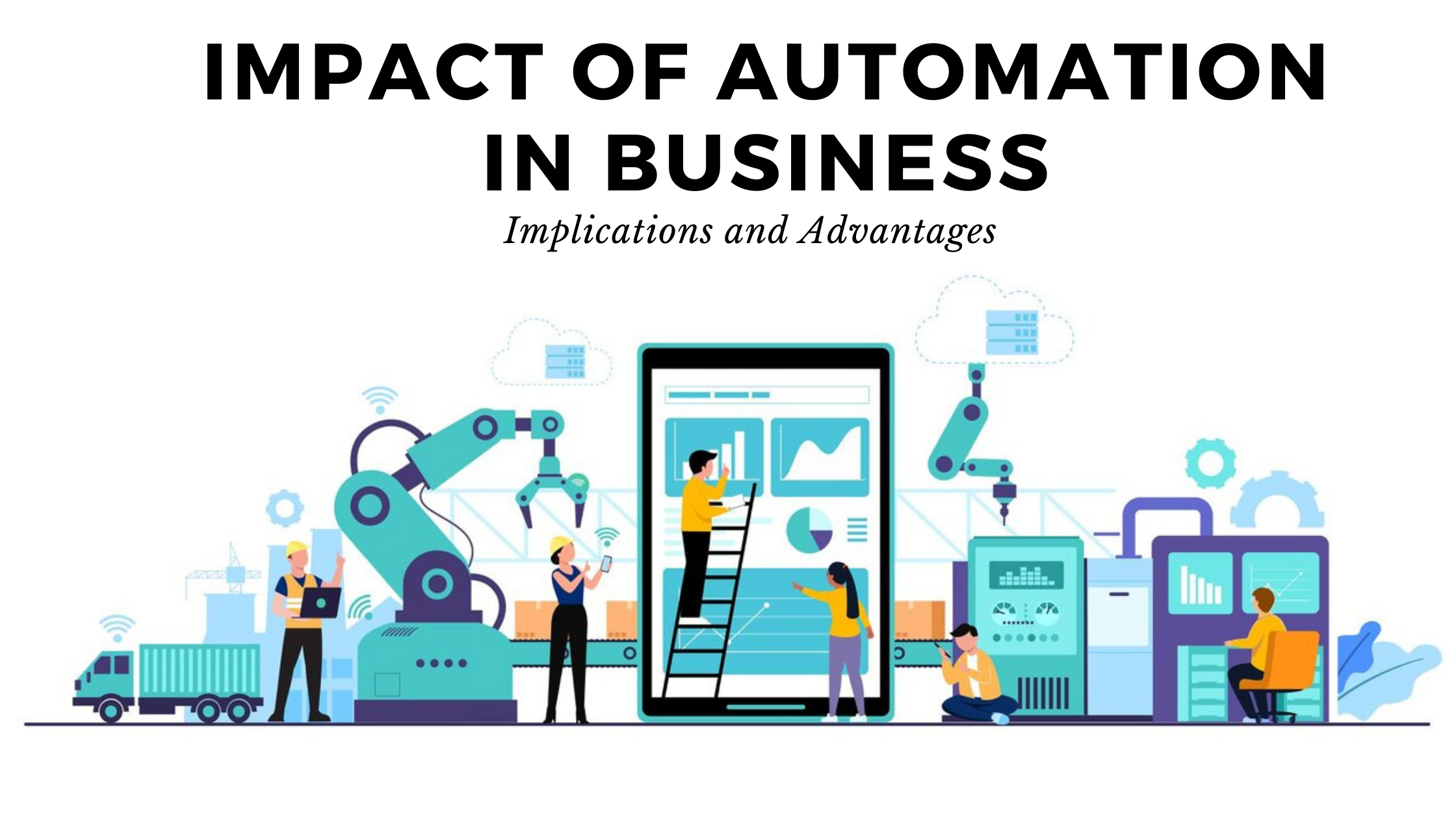Impact of Automation in Business: Implications and Advantages
- Credit Cards Investing Business Solutions

Impact of Automation in Business: Implications and Advantages
Automation has become a key player in the business world, with numerous implications and advantages that have revolutionized the way companies operate. This article will explore the impact of automation in business and highlight some of the top SaaS products that are leading the charge in this domain.
The Implications of Automation in Business
Automation in business has several implications:
- Efficiency: Automation allows businesses to streamline their operations, reducing the time and effort required to complete tasks.
- Accuracy: Automated systems are less prone to errors, ensuring higher accuracy in tasks.
- Cost Savings: By reducing the need for manual labor, businesses can save on employee costs.
- Scalability: Automation allows businesses to easily scale their operations, accommodating growth without the need for significant increases in resources.
Advantages of Automation in Business
The advantages of automation in business are numerous:
- Increased Productivity: Automation frees up employees’ time, allowing them to focus on more complex tasks that require human intervention.
- Improved Customer Service: Automated customer service tools can provide fast and efficient service, improving customer satisfaction.
- Data Collection and Analysis: Automation tools can collect and analyze data more efficiently, providing businesses with valuable insights.
- Competitive Advantage: Businesses that leverage automation can gain a competitive edge by offering faster, more efficient services.
Top SaaS Products for Business Automation
Here are some of the top SaaS products that are making waves in the realm of business automation:
- Trello: A project management tool that allows teams to organize tasks and collaborate effectively1.
- HubSpot: A comprehensive platform for marketing, sales, and customer service, offering a range of automation features2.
- Salesforce: A customer relationship management solution that offers a variety of tools for automating sales processes3.
- Pipedrive: A sales management tool designed to help teams visualize their sales pipeline and automate repetitive tasks4.
- LinkedIn Sales Navigator: A sales tool that provides insights and prospecting features, helping sales teams to target the right leads5.
- UserGems: A platform that tracks job changes of your most valuable buyers and automates the next steps6.
- Outreach: A sales engagement platform that helps sales teams to automate their outreach efforts7.
Conclusion
Automation in business has far-reaching implications and offers numerous advantages. By leveraging automation, businesses can increase efficiency, improve accuracy, save costs, and scale their operations. The SaaS products highlighted in this article are just a few examples of the tools businesses can use to harness the power of automation.






